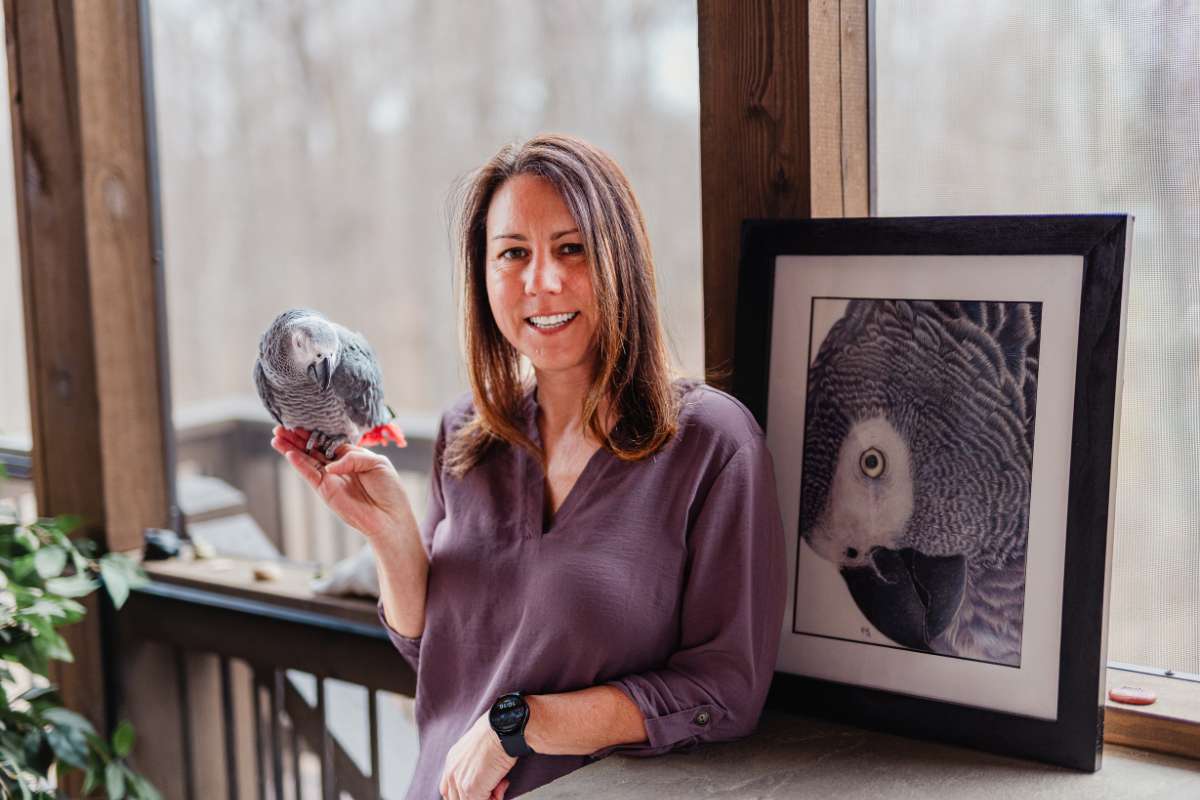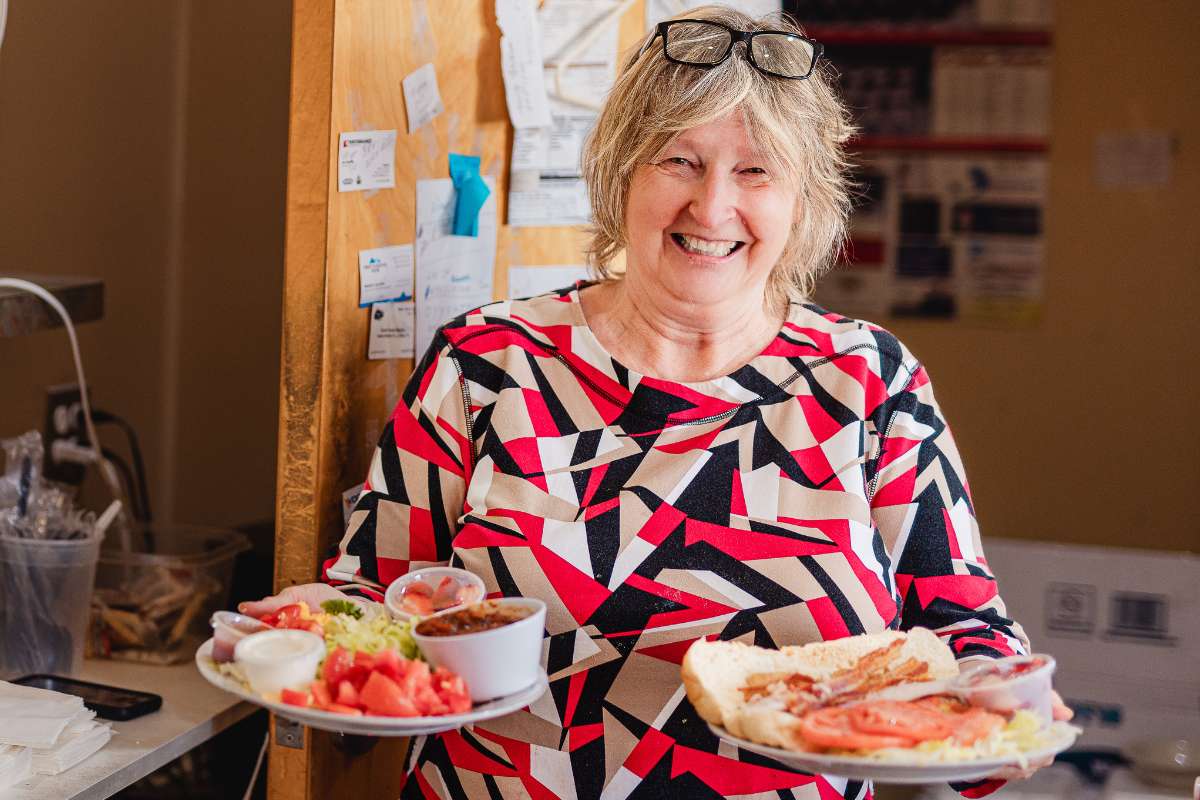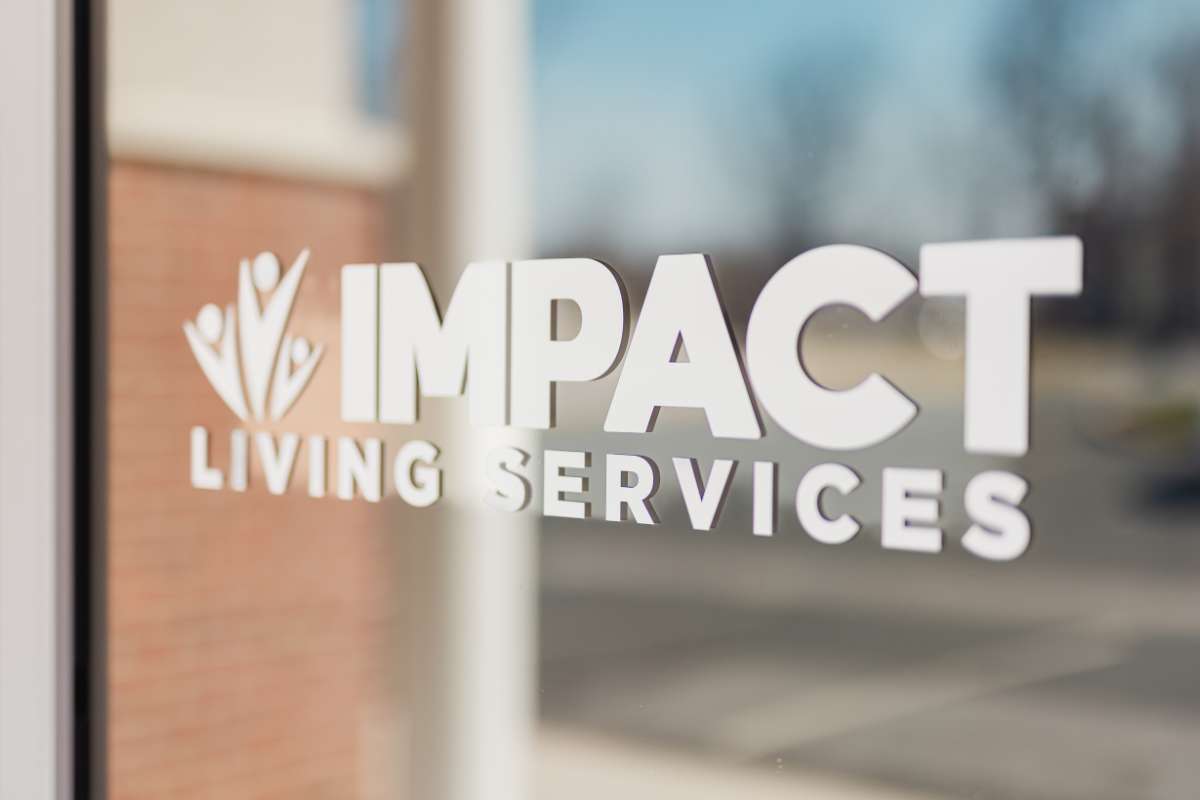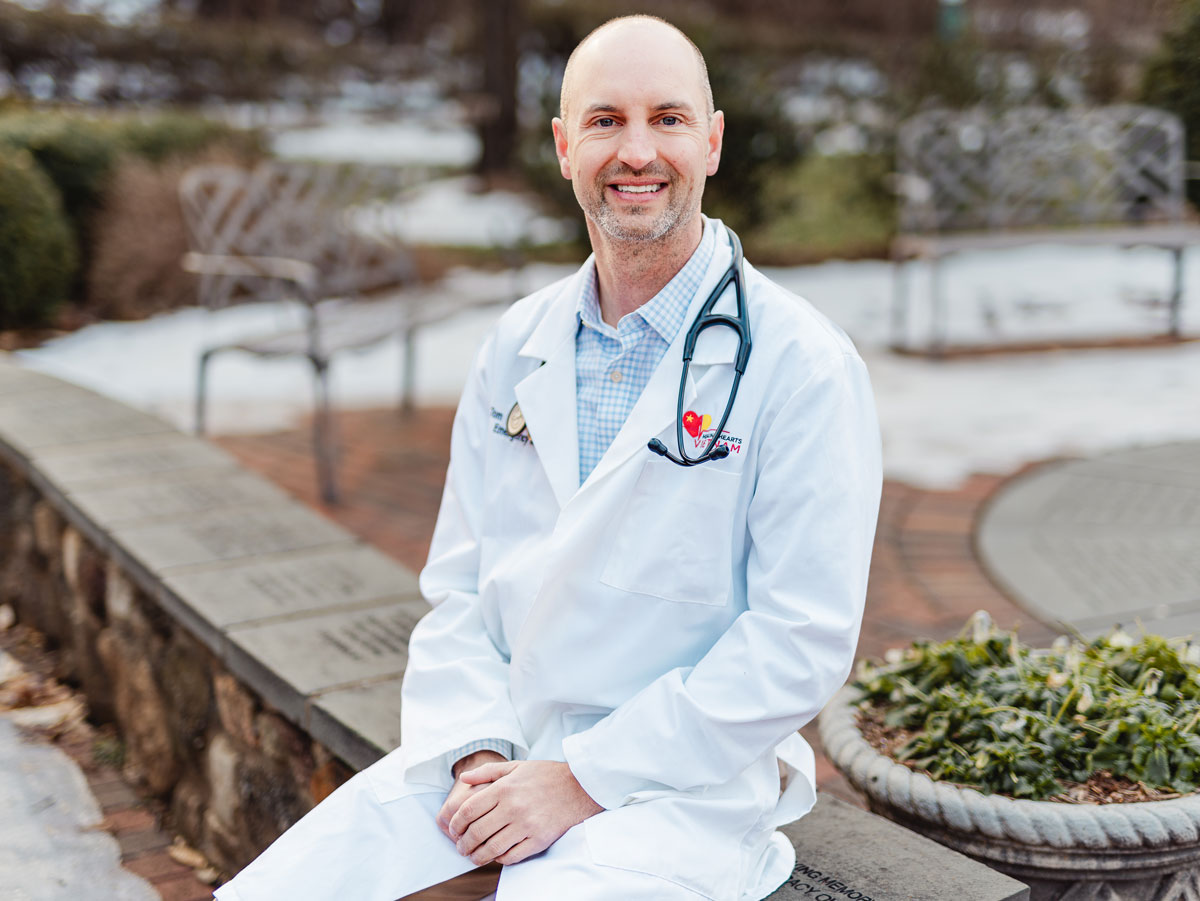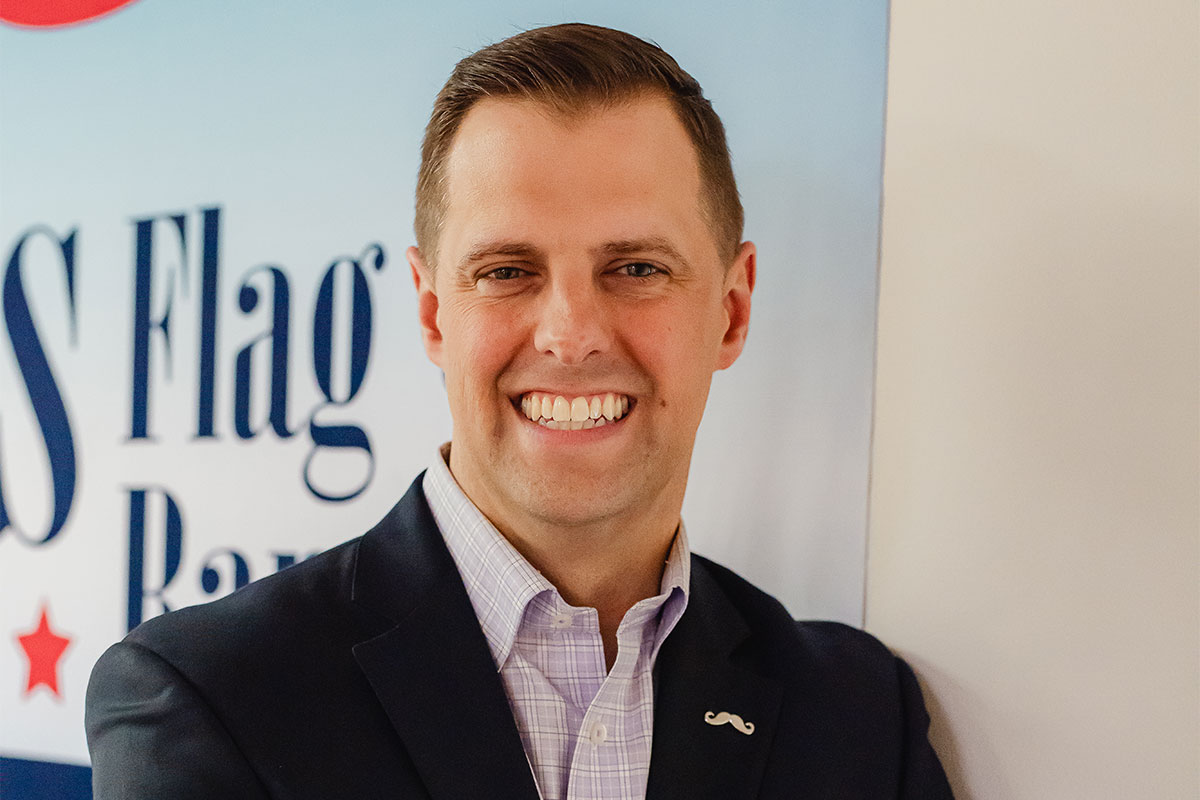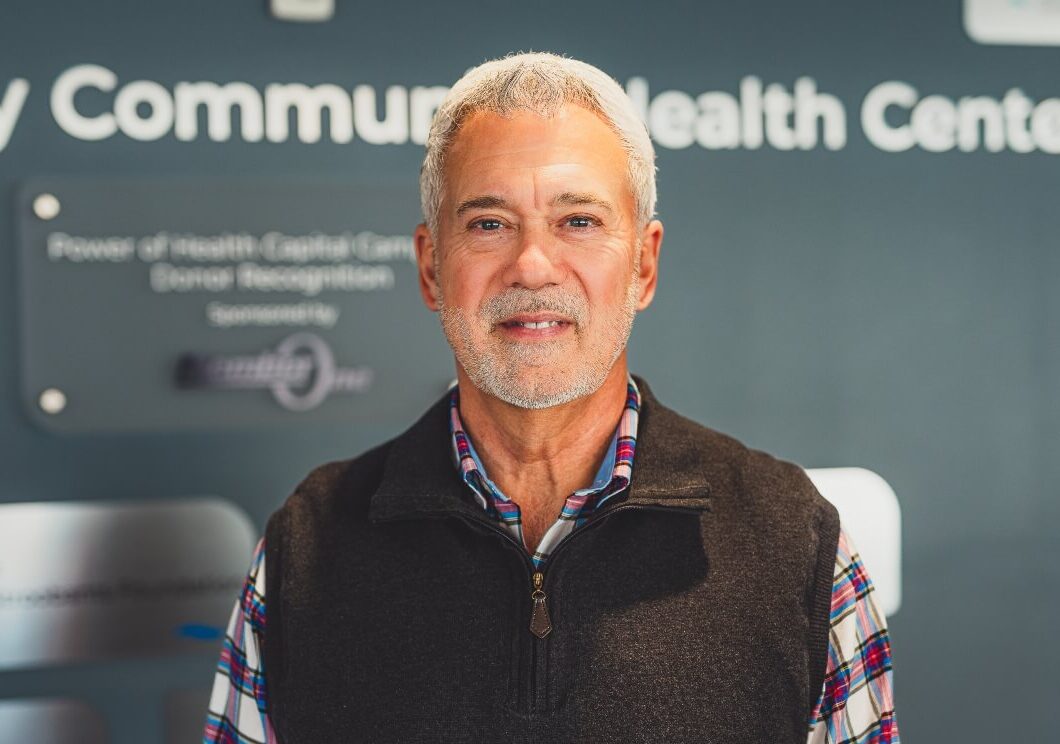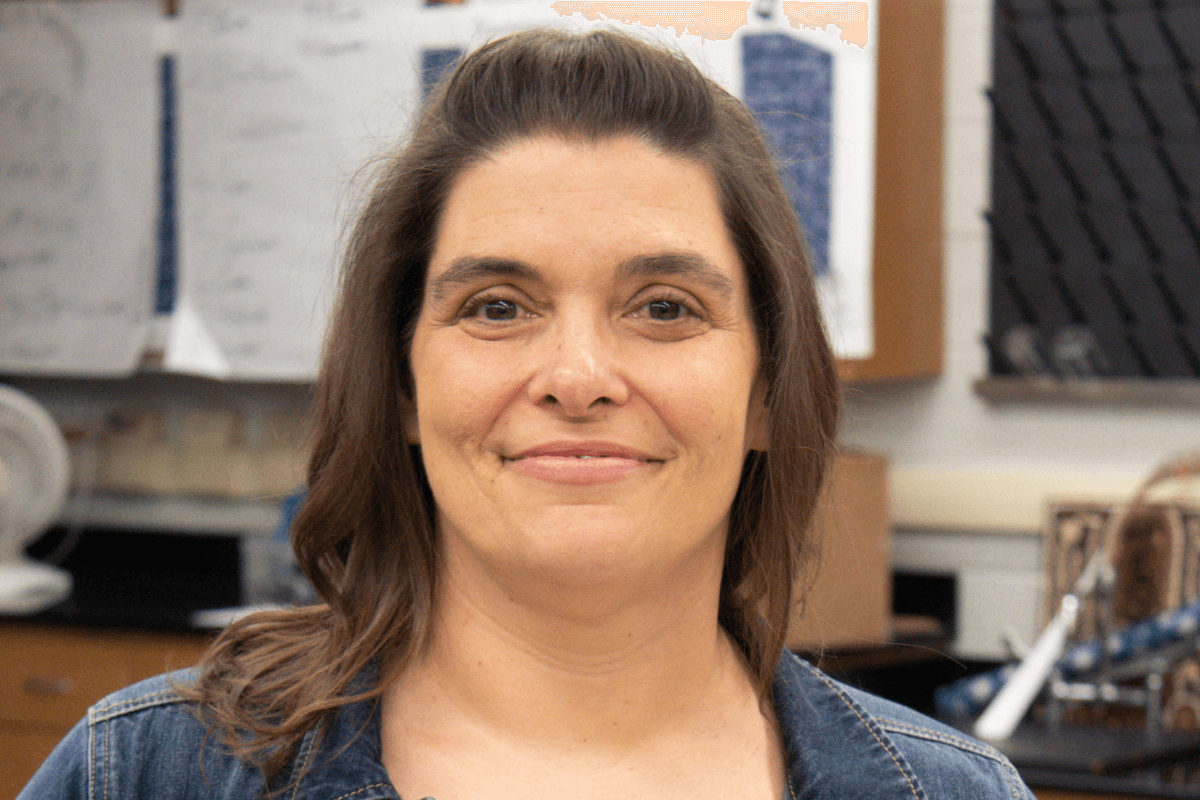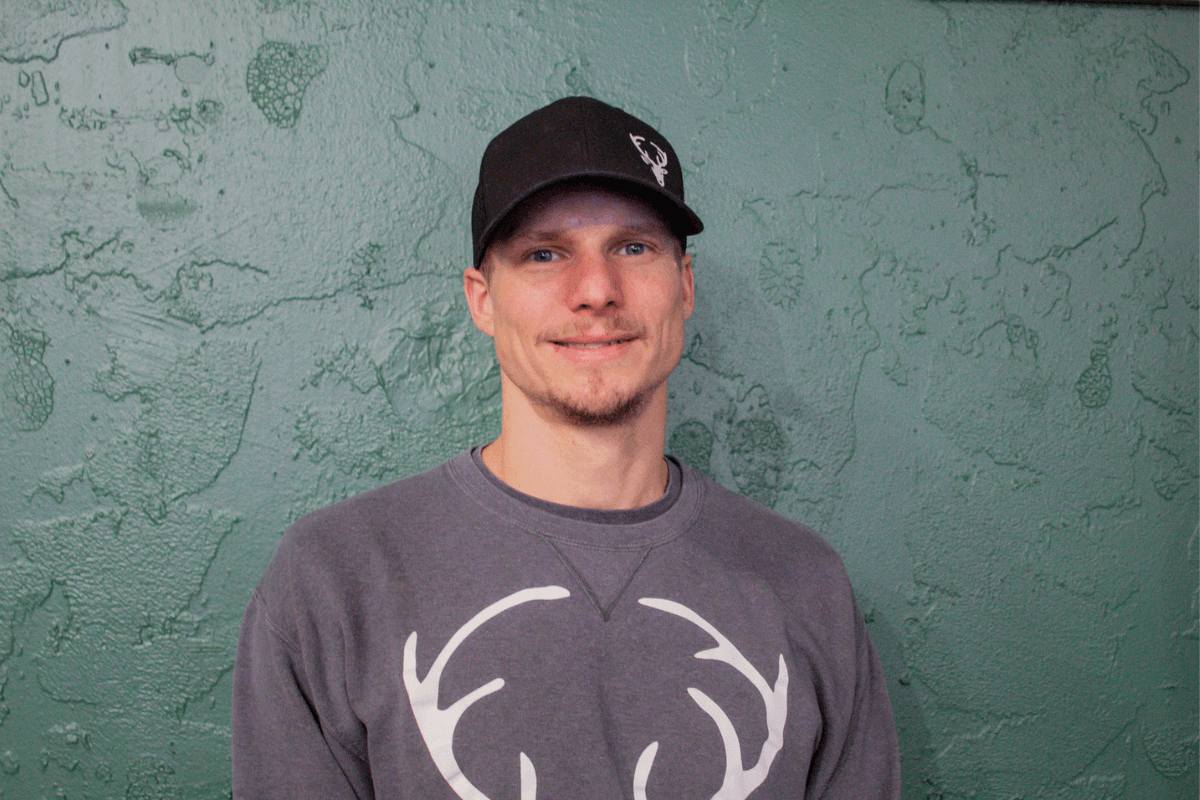“HELLO, MY baby, hello my darlin’, hello my ragtime gal …” The tinkling and plinking of an old upright piano danced out of the speakers as he danced around the dining room, straw boating hat waving in one hand while the wooden hook cane punched the air with the other. The routine usually signaled the end of his lunchtime old-time radio show for the nursing home residents, but this time was different.
With his DJ cart in tow, Josh Urban spun his way into their hearts, and they laid down their tracks on his, forever etching life lessons, wisdom, and the power of connection. One by one, resident by resident, they gently turned him inside out, flipping his perspective and focus in life. And this dance was for them. It was goodbye for now as the music blared from his car speakers, and he entertained them one last time from the facility’s parking lot, a place visible from their third-floor window. He wanted to leave on a high note.
The difference in their worlds was night and day. Before entering theirs, his world was loud. Band gigs filled nights and weekends, and guitar teaching filled the days. Then, a gap created by students’ summer vacations changed his life.
He approached a nursing home with a business card and a proposal.
“I can play you guys some Frank Sinatra,” he offered. They would think about it.
Urban’s creative wheels were turning before the heavy door chunked shut behind him. What if, instead of trying to cover Sinatra tunes on his electric guitar, he DJ’d a nostalgic radio show, spinning records that transported residents back to the golden age of music?

Facilities responded favorably, booking him for regular entertainment for their residents. Music helped pay the bills — guitar stints, rolling nostalgic radio shows in dozens of nursing homes, and teaching — but something deeper was missing, occasionally glinting in life’s peripheral vision.
The COVID-19 pandemic would forever change that.
“I had everybody call me up and say, ‘Hey, let’s just take two weeks off.’ I was freaking out because my bills aren’t going to take two weeks off. And I had a feeling it might be a little bit longer than two weeks,” Urban shared.
Luckily, one facility employed him as a full-time entertainer and, later, as the activities director. He settled into an all-too-familiar routine in an all-too-unfamiliar time.
“I started playing four shows a day. In each little area, the residents would be locked in their rooms, so I’d play in the hall. I was playing these shows, and people were so hungry to talk,” Urban said.
He realized the residents craved human interaction more than entertainment. So he shortened the music sessions and slipped into the role of “house grandson,” helping with various tasks and offering companionship. COVID-19 steered the roller coaster of lockdowns and quarantines, locking those locked away further from their families and the world. And yet, Urban realized, the power of their stories connected us and them to something more than the outside world — it connected us to each other.

Then, a resident planted a seed that found its way from the deep pandemic soil to the light of human connection.
“This little old lady named Martha pulls on my sleeve, and she said, ‘Josh, I had this dream that we co-wrote this book about our time here in lockdown, and the publisher called. They sold a million copies, and they’re calling for a second printing,’” he vividly recalled.
He promised to dedicate the book to her if he ever wrote it, half-heartedly convinced of the possibility. But as he began to feel pulled toward a smaller community near his family, he realized their stories deserved telling; their time served in a global pandemic merited medals.
He said, “Finally, my house sold. It was time for me to leave. I wrote them all a goodbye letter. I explained how I came into this as this rock and roll guy, and every day and every moment, they showed me that there’s all this, meaning that I can lean into if I just listen and how meaning is more important than happiness. Their good actions, grace, patience, bravery, and fortitude profoundly changed me, not only personally but also seeing how that echoes out in the world, even if you’re shut away from it. A line from the Sermon on the Mount really struck me: ‘You are the light of the world. A city that is set on a hill cannot be hidden.’ In this context, they were a city on a hill, and even though they’re locked away on the third floor, and the only people seeing them are the night nurse, the day nurse, the food service guy, and me, their right actions are just unstoppable.”

Today, Martha’s dream is Urban’s first book, “Cities on a Hill,” written after he moved to Lynchburg. Each chapter is about a different resident and their good deeds and graces — snapshots from their life stories. He felt Martha watching over his shoulder.
“It’s to witness what we did to them, what it’s like when you take one idea and elevate it above all the others, in this case, would-be safety,” he said.
Today, Urban’s nostalgic radio shows play on in nursing homes in the Lynchburg area, and he returns once a month to the home where it all began. He’s reaching new audiences with his message of purposeful living. He’s crafting a workbook to assist with writing life stories, writes a newspaper column, and has a nursing home newsletter inviting readers to write back if they want, connecting again through music.
“I started really focusing on this idea of trying to do meaningful things. And that’s in every moment. It’s lurking around every corner. You just got to pay attention to it and lean into it.” GN

